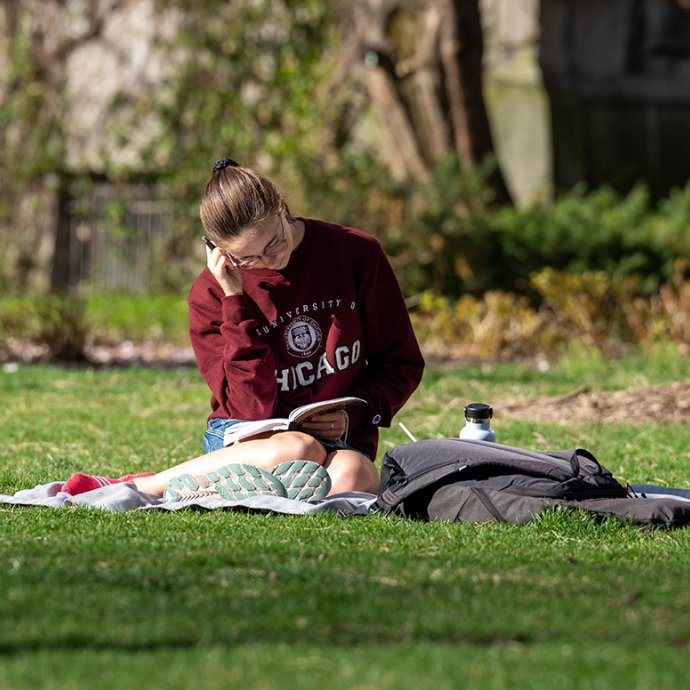With the war in Ukraine now entering its second year, geopolitical tensions running high between the United States and China, economic and supply-chain disruptions around the world, a changing climate, and the start of a U.S. presidential election cycle, the economies of Europe, the Middle East, and Africa have started the year facing heightened levels of uncertainty.
At this year’s hybrid Economic Outlook event in London in early March, hosted by the University of Chicago Booth School of Business and the UChicago Institute of Politics, experts came together to discuss the implications for leaders of organizations.
The panelists were Jeff Currie, PhD’96, the global head of commodities research in global investment research at Goldman Sachs, Sasha Havlicek, co-founder and CEO of the Institute for Strategic Dialogue, and Randall S. Kroszner, the Norman R. Bobins Professor of Economics at Chicago Booth, who was recently appointed as an external member of the Financial Policy Committee at the Bank of England.
Ukraine war and threat to liberal democracy
The final Economic Outlook event of the year took place just after the first anniversary of the conflict in Ukraine, which in addition to delivering a severe global economic shock has caused a significant humanitarian crisis.
Beyond the human tragedy that’s unfolding in Ukraine, Havlicek said, “the trajectory of this war will essentially determine for generations to come the balance of power between authoritarianism and liberal democracy. The stakes could not be higher.”
She also suggested that Western nations need to rally in defence of liberal democracy. “We have to start to build the institutional infrastructure to support human rights, respect, and liberal democracy worldwide, or we will simply lose them,” she said. “The alternative is essentially a form of anarchy.”
Havlicek said the fact that the European Union has shown a united front against Russia is an indication of what’s possible in the future. “I would hope that we can really look at this Ukrainian catastrophe as the turning point,” she added. “If we don’t use it as the turning point, we will likely be, if not in an anarchic state, in a global context that is dominated by China, ultimately. And I think that’s an extremely dangerous place.”
Havlicek also sees the 2024 US presidential election as a key political risk. “If we lose the US, we lose in many ways the rest of the world,” she said.
Revenge of old economy and next commodity supercycle
Following Russia’s invasion of Ukraine, there was a dizzying climb in the price of many commodities, including coal and food. Currie said that the root cause was a decade of underinvestment in “old economy” industries, such as energy, metals and agriculture.
“Did Putin cause the energy crisis? Absolutely not,” Currie said. “He took advantage of the energy crisis. The seeds were sown on this going back well over a decade.”
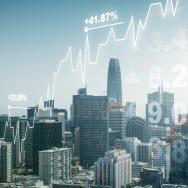
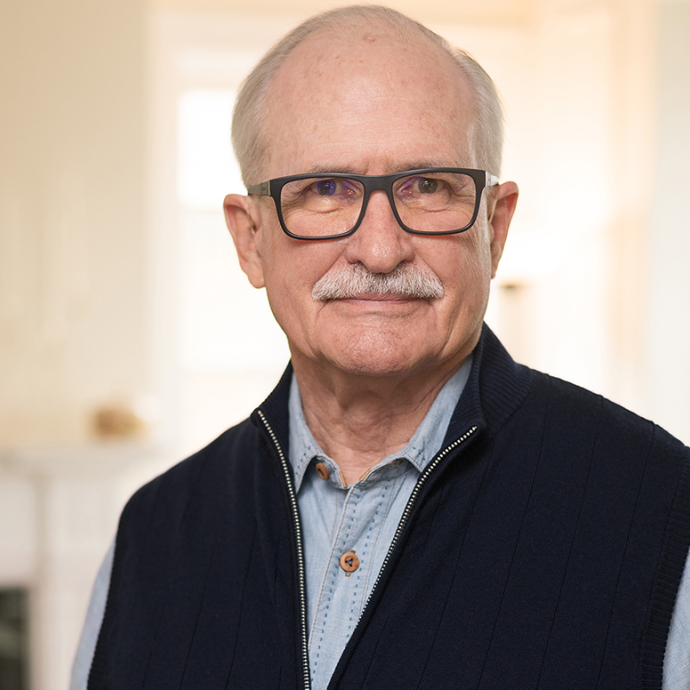
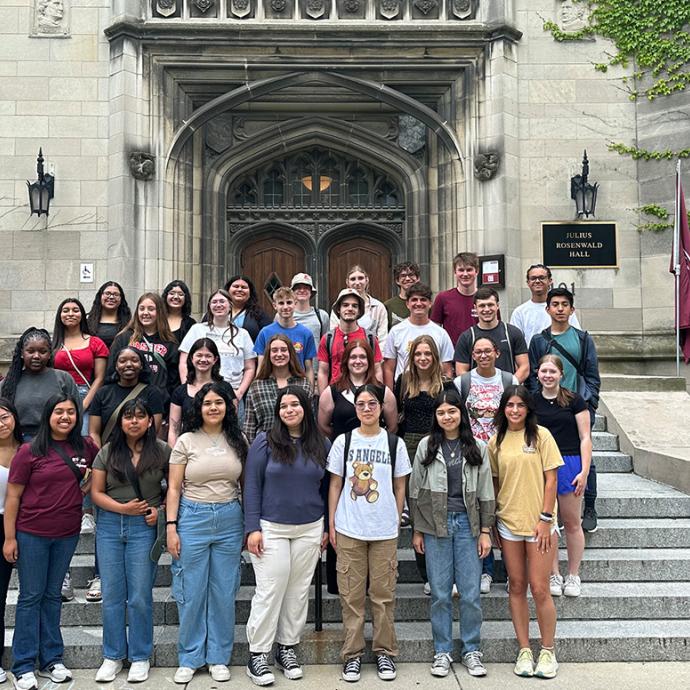


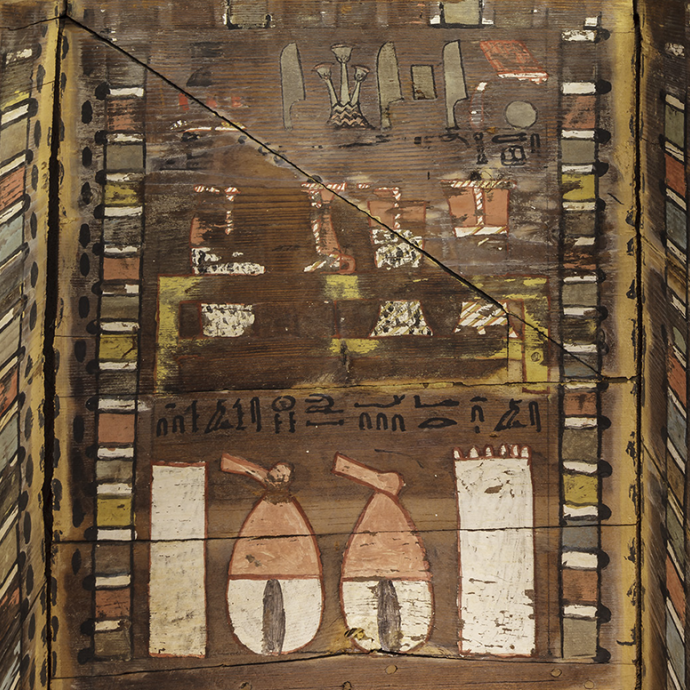

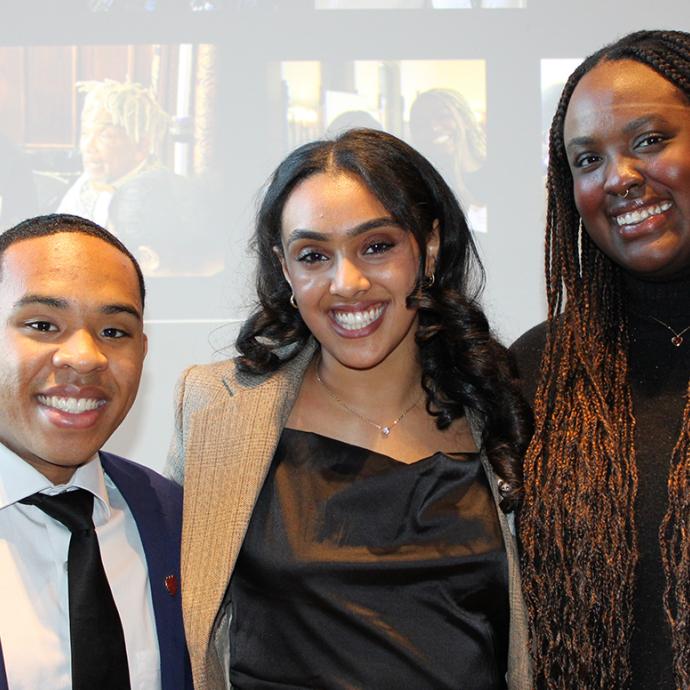
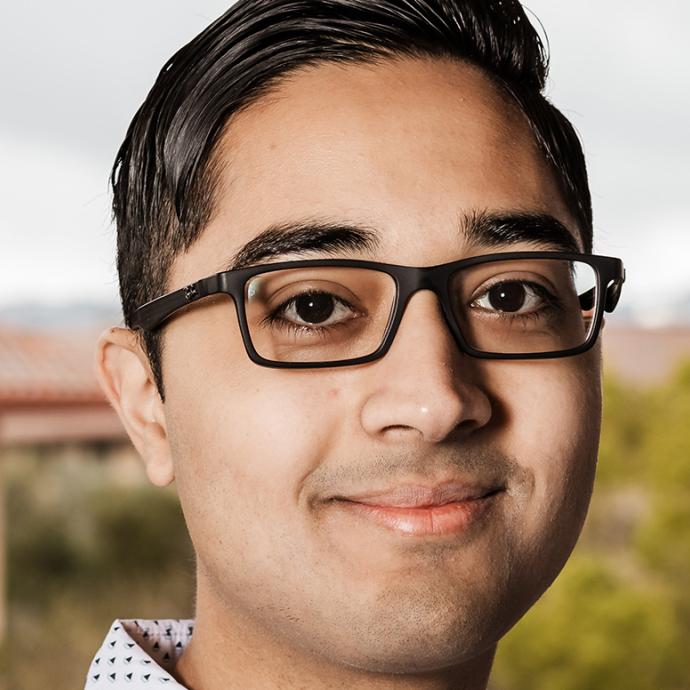
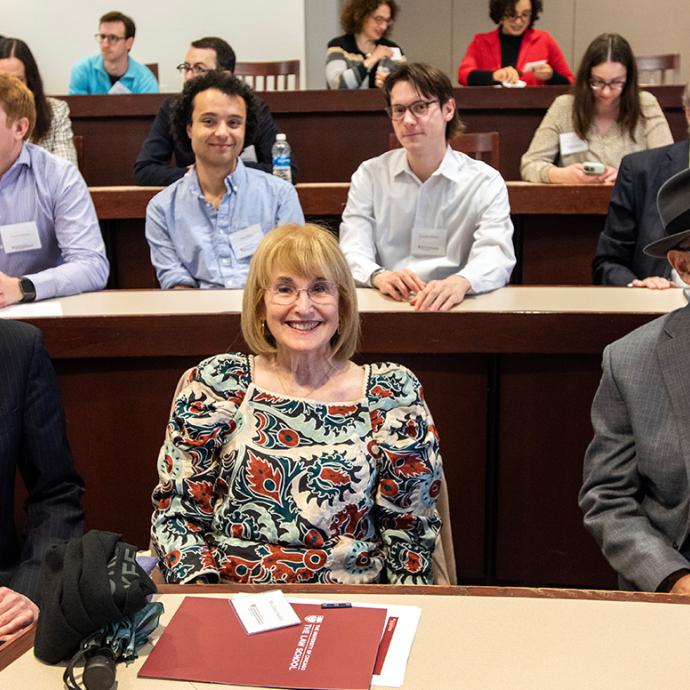
 —Prof. Chuan He
—Prof. Chuan He
